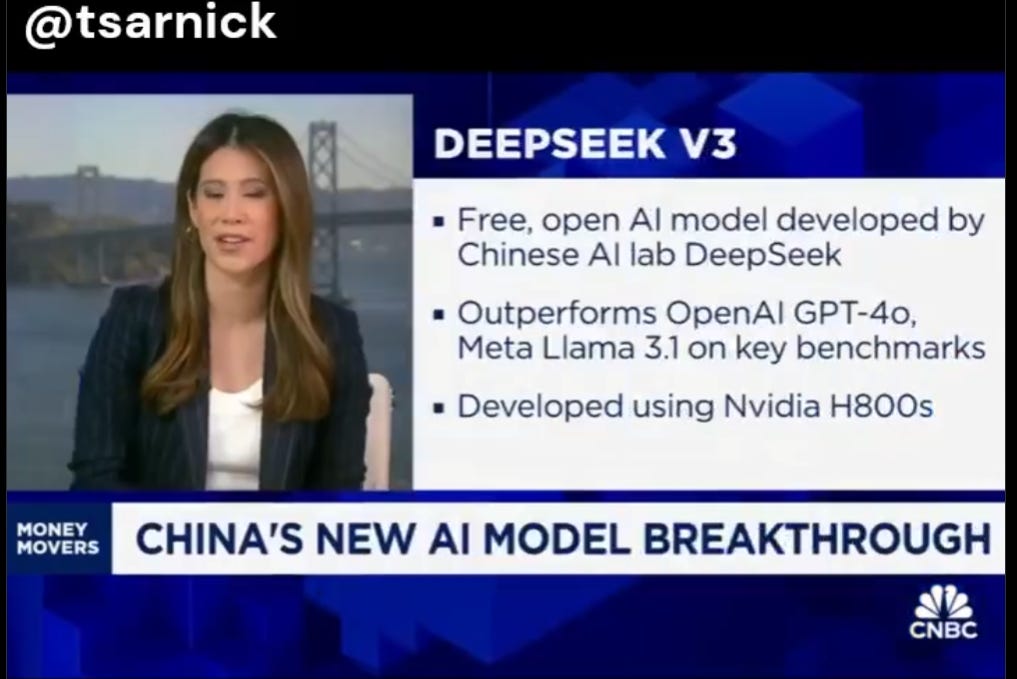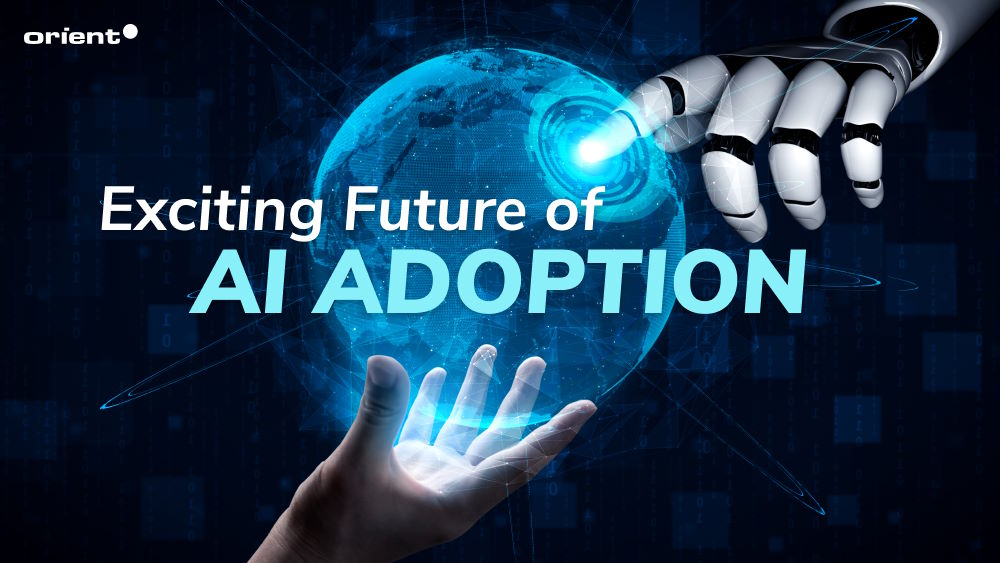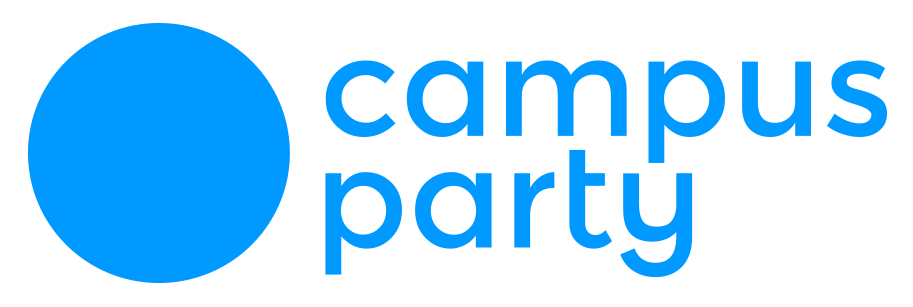
Okontour
Overview
-
Sectors Pharmaceuticals
-
Posted Jobs 0
-
Viewed 109
Company Description
Nigerian Students Turn to aI For Tests Answers, Lecturers Raise Alarm

Expert System (AI) is changing education while making learning more accessible but also stimulating disputes on its impact.

While trainees hail AI tools like ChatGPT for enhancing their knowing experience, speakers are raising concerns about the growing reliance on AI, which they argue fosters laziness and undermines academic stability, especially with lots of trainees not able to defend their assignments or given works.
Prof. Isaac Nwaogwugwu, forum.pinoo.com.tr a lecturer at the University of Lagos, in an interview with Nairametrics, expressed frustration over the growing reliance on AI-generated actions amongst trainees stating a current experience he had.
RelatedStories
Avoid sharing individual information that can identify you with AI tools- Expert cautions
Chinese AI app DeepSeek stimulates worldwide tech selloff, challenges U.S. AI dominance
“I offered a task to my MBA trainees, and out of over 100 trainees, about 40% sent the exact very same answers. These trainees did not even know each other, however they all utilized the same AI tool to generate their responses,” he said.
He noted that this pattern prevails among both undergraduate and postgraduate trainees however is especially concerning in part-time and range knowing programs.
“AI is a major challenge when it pertains to tasks. Many students no longer believe critically-they simply browse the web, produce answers, and send,” he added.
Surprisingly, some speakers are also accused of over-relying on AI, setting a cycle where both educators and students turn to AI for convenience instead of intellectual rigor.
This argument raises crucial concerns about the function of AI in scholastic integrity and student advancement.
According to a UNESCO report, while ChatGPT reached 100 million monthly active users in January 2023, just one nation had launched policies on generative AI as of July 2023.
As of December 2024, ChatGPT had more than 300 million people utilizing the AI chatbot every week and pattern-wiki.win 1 billion messages sent out every day worldwide.
Decline of scholastic rigor
University lecturers are progressively concerned about students submitting AI-generated tasks without truly comprehending the content.
Dr. Felix Echekoba, a speaker at Nnamdi Azikiwe University, expressed his concerns to Nairametrics about trainees increasingly counting on ChatGPT, just to deal with addressing fundamental concerns when evaluated.
“Many students copy from ChatGPT and submit refined tasks, however when asked standard concerns, they go blank. It’s frustrating because education is about learning, not just passing courses,” he stated.
– Prof. Nwaogwugwu mentioned that the increasing variety of superior graduates can not be completely associated to AI however admitted that even high-performing trainees utilize these tools.
“A superior student is a first-rate student, AI or not, however that doesn’t imply they do not cheat. The advantages of AI may be peripheral, but it is making students reliant and less analytical,” he stated.
– Another speaker, Dr. Ereke, from Ebonyi State University, raised a various issue that some lecturers themselves are guilty of the very same practice.
“It’s not simply trainees utilizing AI lazily. Some lecturers, out of their own laziness, generate lesson notes, course outlines, marking plans, and even examination questions with AI without examining them. Students in turn utilize AI to create responses. It’s a cycle of laziness and it is killing genuine learning,” he lamented.
Students’ point of views on use
Students, on the other hand, say AI has actually enhanced their knowing experience by making scholastic products more understandable and accessible.
– Eniola Arowosafe, a 300-level Business Administration student at Unilag, shared how AI has substantially aided her learning by breaking down complex terms and supplying summaries of prolonged texts.
“AI helped me understand things more easily, particularly when handling intricate subjects,” she discussed.
However, she recalled an instance when she used AI to submit her project, just for her lecturer to immediately acknowledge that it was generated by ChatGPT and reject it. Eniola kept in mind that it was a good-bad result.
– Bryan Okwuba, who recently finished with a first-rate degree in Pharmacy Technology from the University of Lagos, strongly thinks that his scholastic success wasn’t due to any AI tool. He attributes his outstanding grades to actively interesting by asking concerns and focusing on areas that lecturers stress in class, as they are frequently shown in examination questions.
“It’s all about being present, focusing, and tapping into the wealth of knowledge shared by my associates,” he stated,
– Tunde Awoshita, a final-year marketing trainee at UNIZIK, confesses to periodically copying straight from ChatGPT when dealing with multiple due dates.
“To be truthful, there are times I copy directly from ChatGPT when I have multiple deadlines, and I know I’m guilty of that, the majority of times the lecturers do not get to review them, however AI has actually also helped me learn faster.”
Balancing AI‘s function in education
Experts think the option depends on AI literacy; mentor trainees and speakers how to utilize AI as a learning help rather than a faster way.
– Minister of Education, Dr. Tunji Alausa, highlighted the combination of AI into Nigeria’s education system, worrying the value of a well balanced technique that keeps human involvement while utilizing AI to enhance learning outcomes.
“As we browse the rapidly progressing landscape of Artificial Intelligence (AI), it is important that we prioritise human company in education. We need to guarantee that AI improves, rather than changes, teachers’ vital function in forming young minds,” he said
Dorcas Akintade, a cybersecurity improvement specialist, resolved growing concerns concerning the use of expert system (AI) tools such as ChatGPT and their possible risks to the academic system.
– She acknowledged the advantages of AI, however, emphasized the need for care in its use.
– Akintade highlighted the increasing hesitance amongst educators and schools towards incorporating AI tools in learning environments. She identified 2 main reasons that AI tools are dissuaded in academic settings: security risks and plagiarism. She discussed that AI tools like ChatGPT are trained to react based upon user interactions, which may not line up with the expectations of educators.
“It is not taking a look at it as a tutor,” Akintade stated, describing that AI does not deal with particular mentor techniques.
Plagiarism is another issue, users.atw.hu as AI pulls from existing data, typically without appropriate attribution
“A great deal of people require to understand, like I said, this is data that has been trained on. It is not simply bringing things out from the sky. It’s bringing details that some other people are fed into it, which in essence implies that is another individual’s paperwork,” she warned.
– Additionally, Akintade highlighted an early problem in AI advancement referred to as “hallucination,” where AI tools would create information that was not factual.
“Hallucination meant that it was highlighting info from the air. If ChatGPT might not get that information from you, it was going to make one up,” she discussed.
She advised “grounding” AI by supplying it with particular information to avoid such mistakes.
Navigating AI in Education
Akintade argued that prohibiting AI tools outright is not the service, particularly when AI presents a chance to leapfrog standard educational approaches.
– She believes that consistently reinforcing crucial info assists people keep in mind and prevent making mistakes when faced with obstacles.
“Immersion brings conversion. When you tell individuals the exact same thing over and over again, when they will make the mistakes, then they’ll keep in mind.”
She also empasized the need for clear policies and procedures within schools, keeping in mind that numerous schools need to deal with the people and procedure elements of this use.
– Prof. Nwaogwugwu has resorted to in-class tasks and tests to counter AI-driven scholastic dishonesty.
“Now, I generally use assignments to make sure students supply original work.” However, he acknowledged that managing big classes makes this approach hard.
“If you set intricate questions, trainees will not be able to use AI to get direct answers,” he explained.

He stressed the requirement for universities to train lecturers on crafting test questions that AI can not easily resolve while acknowledging that some lecturers battle to counter AI misuse due to a lack of technological awareness. “Some speakers are analogue,” he said.
– Nigeria released a draft National AI Strategy in August 2024, concentrating on ethical AI advancement with fairness, openness, accountability, and privacy at its core.
– UNESCO in a report calls for the policy of AI in education, demo.qkseo.in recommending organizations to examine algorithms, data, and outputs of generative AI tools to guarantee they meet ethical standards, secure user information, and filter unsuitable content.
– It worries the requirement to assess the long-term effect of AI on important skills like thinking and imagination while creating policies that line up with ethical frameworks. Additionally, UNESCO suggests implementing age restrictions for GenAI use to secure more youthful students and safeguard vulnerable groups.
– For federal governments, it advised embracing a collaborated national method to managing GenAI, of establishing oversight bodies and aligning policies with existing data defense and personal privacy laws. It highlights assessing AI dangers, implementing stricter rules for high-risk applications, and ensuring nationwide data ownership.
